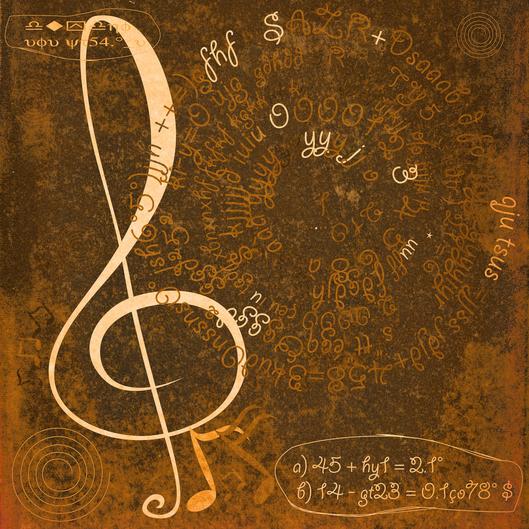Brain Injury Resource Center of Wisconsin
- BIRCofWI Resource and Reference Library Database
Brainline.org
- (Publication) Weblink
Support Groups
- Grief Share (find a group near you) > Website link
Find your path…
“Draw out” your emotions, with pencil, pastels, and ink
Discover the fluid and vivid world of painting
Find awesome 3D stress relief through sculpturing
Craft a “grief mask,” a direct window to your soul
Turn your lost loved one’s clothing into a comforting memory quilt
Build an altar or memory box to reconnect with your lost one
Tribute Scrapbooking for family grief therapy
Start your private “Grief Journal”

Death and Brain Injury result in feelings of grief. How we react to it is the same. We mourn the loss of a loved one even when it is caused by brain injury. The individual often looks the same, but the essence of the person has changed.
Coping with the loss of someone or something you love is one of life’s biggest challenges. Often, the pain of loss can feel overwhelming. You may experience all kinds of difficult and unexpected emotions, from shock or anger to disbelief, guilt, and profound sadness.
The pain of grief can also disrupt your physical health, making it difficult to sleep, eat, or even think straight. These are normal reactions to a significant loss. There is no right or wrong way to grieve, there are healthy ways to cope with the pain that, in time, can ease your sadness and help you come to terms with your loss, find new meaning, and move on with your life.
At times during your bereavement, you may find yourself drawn to the written arts or music for solace.
There’s something very comforting about the wisdom shared through the ages via poetry or thoughtful quotes about grief and loss.
And music touches the soul in a way nothing else can.

SYMPTOMS OF GRIEF
Shock and disbelief – Right after a loss, it can be hard to accept what happened. You may feel numb, have trouble believing that the loss really happened, or even deny the truth. If someone you love has died, you may keep expecting them to show up, even though you know they’re gone.
Sadness – Profound sadness is probably the most universally experienced symptom of grief. You may have feelings of emptiness, despair, yearning, or deep loneliness. You may also cry a lot or feel emotionally unstable.
Guilt – You may regret or feel guilty about things you did or didn’t say or do. You may also feel guilty about certain feelings (e.g. feeling relieved when the person died after a long, difficult illness). After a death, you may even feel guilty for not doing something to prevent the death, even if there was nothing more you could have done.
Anger – Even if the loss was nobody’s fault, you may feel angry and resentful. If you lost a loved one, you may be angry with yourself, God, the doctors, or even the person who died for abandoning you. You may feel the need to blame someone for the injustice that was done to you.
Fear – A significant loss can trigger a host of worries and fears. You may feel anxious, helpless, or insecure. You may even have panic attacks. The death of a loved one can trigger fears about your own mortality, of facing life without that person, or the responsibilities you now face alone.
Physical symptoms – We often think of grief as a strictly emotional process, but grief often involves physical problems, including fatigue, nausea, lowered immunity, weight loss or weight gain, aches and pains, and insomnia.
THE FIVE STAGES OF GRIEF
- Denial: “This can’t be happening to me.”
- Anger: “Why is this happening? Who is to blame?”
- Bargaining: “Make this not happen, and in return, I will ____.”
- Depression: “I’m too sad to do anything.”
- Acceptance: “I’m at peace with what happened.”
Relaxation Techniques
Relaxation is a state of being in which one experiences actual changes to the mind, body, and spirit.
Benefits of relaxation include:
- reduction in muscle tension
- decrease in heart rate and blood pressure
- may strengthen the immune system
- ability to respond more calmly to stressful situations
